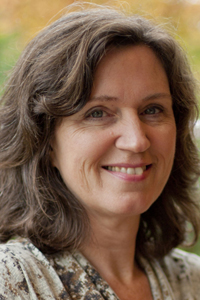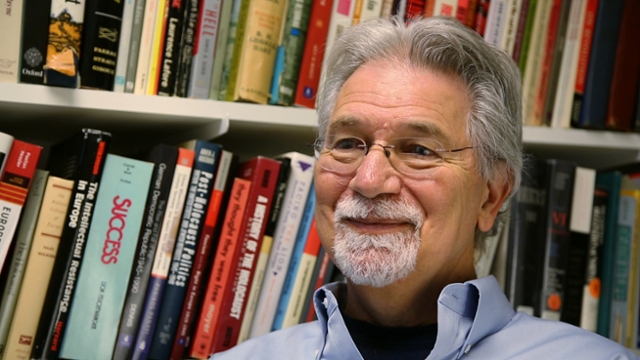Page 53 • (3,073 results in 0.054 seconds)
-
be taken on campus.Concentration: Development and Social Justice Standards of living have increased dramatically worldwide over the past 100 years, yet poverty and inequality remain features of our world. Continued improvement in human well-being for all involves economic growth, reducing poverty, and addressing inequities and issues of social justice, for example in wealth, political freedom, education, and health care. Given the complexity of development processes and of the diverse array of
-
and Public Policy- An integrated approach to the nature of public policy, with emphasis on substantive problems, the development of policy responses by political institutions, and the impacts of policies. PSYC 148: Minds, Brains and Computers, Introduction to Cognitive Science– Offers a broad overview of cognitive science, a multi-disciplinary approach to the study of the mind, combining insights from philosophy, neuroscience, math and computer science, linguistics, and experimental psychology
-

different elements relate.” Jan Lewis, associate provost for undergraduate programs, said PLUTO successfully mirrors the university’s mission. “We think good PLU teaching can be translated online,” Lewis said, noting that the online learning opportunities have already demonstrated the hallmark characteristics of a PLU education. Lewis stressed that faculty are given a lot of freedom to deliver the online curriculum as they see fit, same as the freedom they’re given in traditional brick-and-mortar
-
was Bill Foege ’57, aka Dr. William Foege, now 78, a public-health legend and recipient of the 2012 Presidential Medal of Freedom. By Tom Paulson ’80 The Voice When Stephanie Anne Johnson ’06 walks into a room, you might not notice at first. With her quiet, humble and unassuming nature, she easily could slip past those expecting a “star.” She’s the same on stage as she is in person: a delightfully authentic superstar-in-the-making who has stayed true to herself. By Stefanie Ellis Attaway Lutes By
-
East side where I graduated from Lincoln High School. My life was shaped by the love of my family, too little money and the social upheaval of the civil rights movement and the Vietnam War. I went to work after high school but eventually decided that I wanted to go to college. However, I could not pay very much for tuition so I started taking classes at community colleges. PLU was the first university to offer me a loan, and that became one of the deciding factors in attending PLU. While our paths
-
Colleen Hacker Video – Resolute Online: Winter 2019 Search Features Features Welcome Bring Your Whole Self Travel as a Political Act Power Paddle to Puyallup Strong Link of Three Alternative Transportation The Reboot of Outdoor Rec PLU’s Podcast Push Gallery Discovery Discovery Accolades Lute Library PLU Pledge Blogs Alumni News Alumni News Homecoming Recap Connection Events Free Career Hacks Annual Report Legacy Lutes Nesvig Hike Senate Debate Class Notes Class Notes Obituaries Submit a Class
-
Rican Movements aimed to combat the structural racism that disenfranchised these communities through political and educational reforms, such as labor laws, voting rights and the institutionalization of ethnic studies programs, and cultural movements, including literary production and a wide array of visual arts. Latino Studies programs share the vision, theories and praxis of these movements, but broaden the field beyond the examination of the Puerto Rican and Mexican-American experience. The
-
History in theory and practice from the Middle Ages through the Age of the Enlightenment. In this course students will study the development of Western music of the Middle Ages, Renaissance, Baroque, and Classical era through examination and performance of representative works of each time period. Prerequisites: MUSI 120 and MUSI 136. (4) MUSI 302 : Music in Historical Context II Music History in theory and practice from Beethoven's innovations to those of the present day. In this course students will
-

, Flenniken experienced firsthand the social implications and secrecy surrounding the events of the Hanford nuclear site, which she explores in her book, Plume. “I’m interested in the way our personal lives interact with the political direction of our country,” said Flenniken of her poetic inspiration. “Thinking about secrecy and the damage it can do to a community and to a society.” In addition to her work with young students, Flenniken also engages with poets across the state by highlighting their wide
-

., Interpreting Bonhoeffer, published by Fortress Press in 2013). Bob also published a talk he gave in Dresden, “The Understanding of Religious Freedom in the United States of America,” in Religion – Staat – Gesellschaft 14/1 (2013). His paper, “The Luther Anniversary of 1933 in the Mirror of U.S. Church Press Reports,” delivered at a conference hosted by the Universities of Oldenburg and Kassel, appeared in the Fall 2013 issue of Kirchliche Zeitgeschichte. A publication set for 2014 involves the paper Bob
Do you have any feedback for us? If so, feel free to use our Feedback Form.


